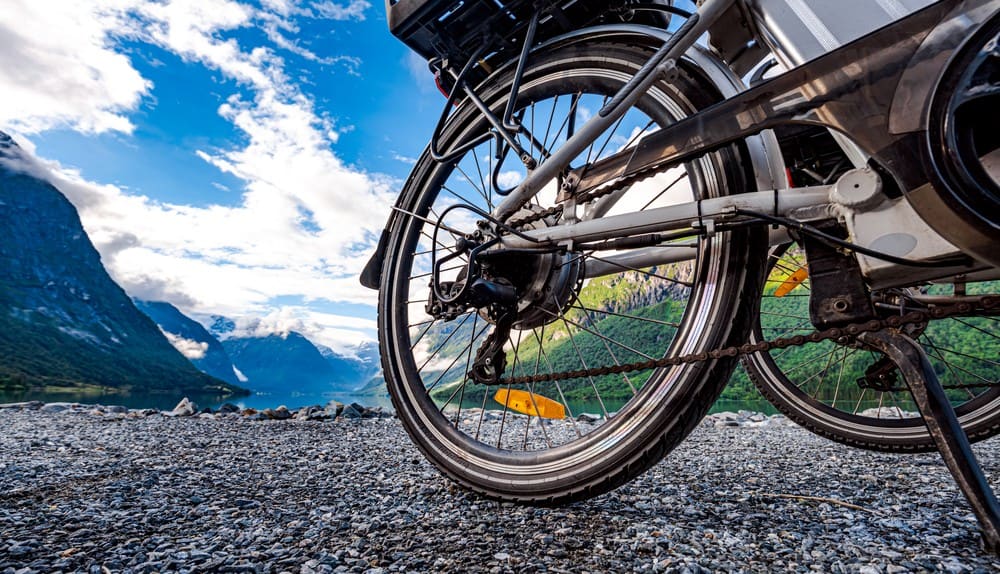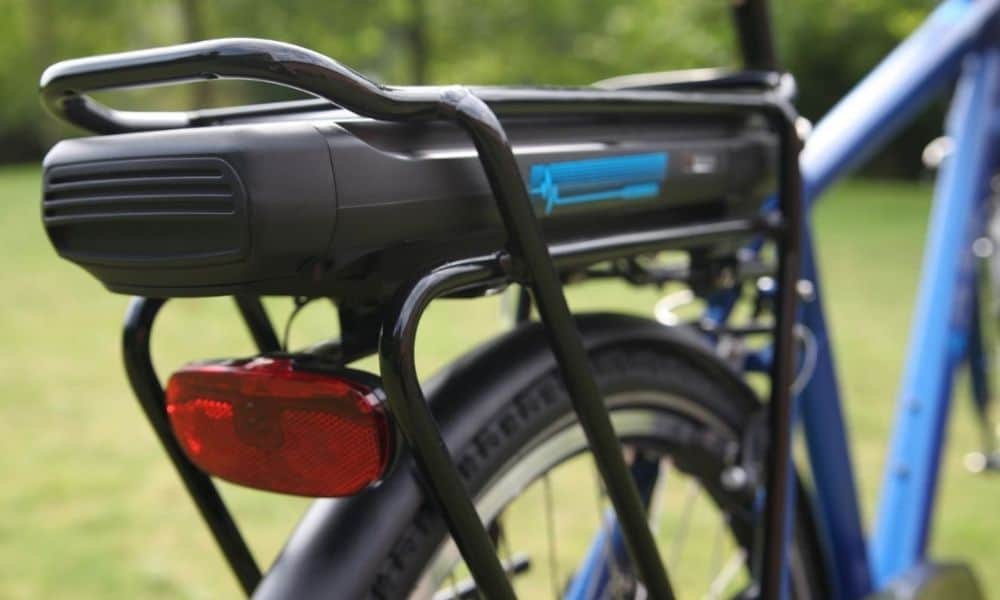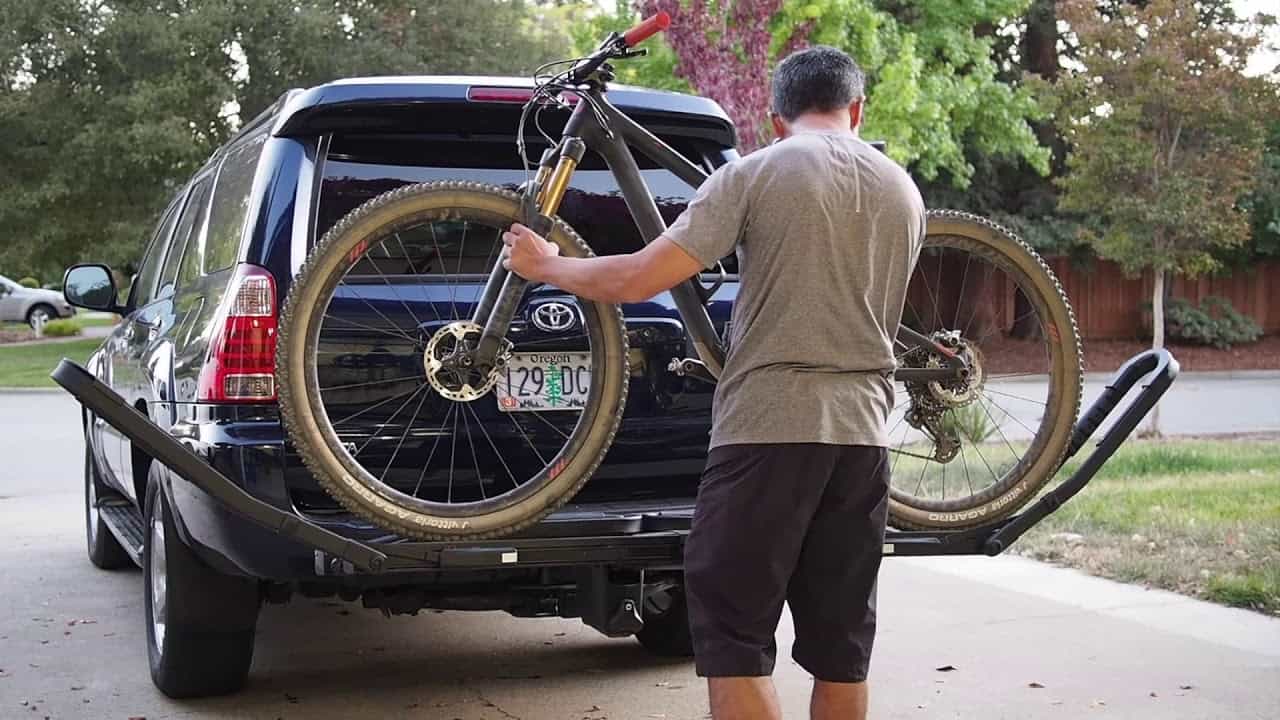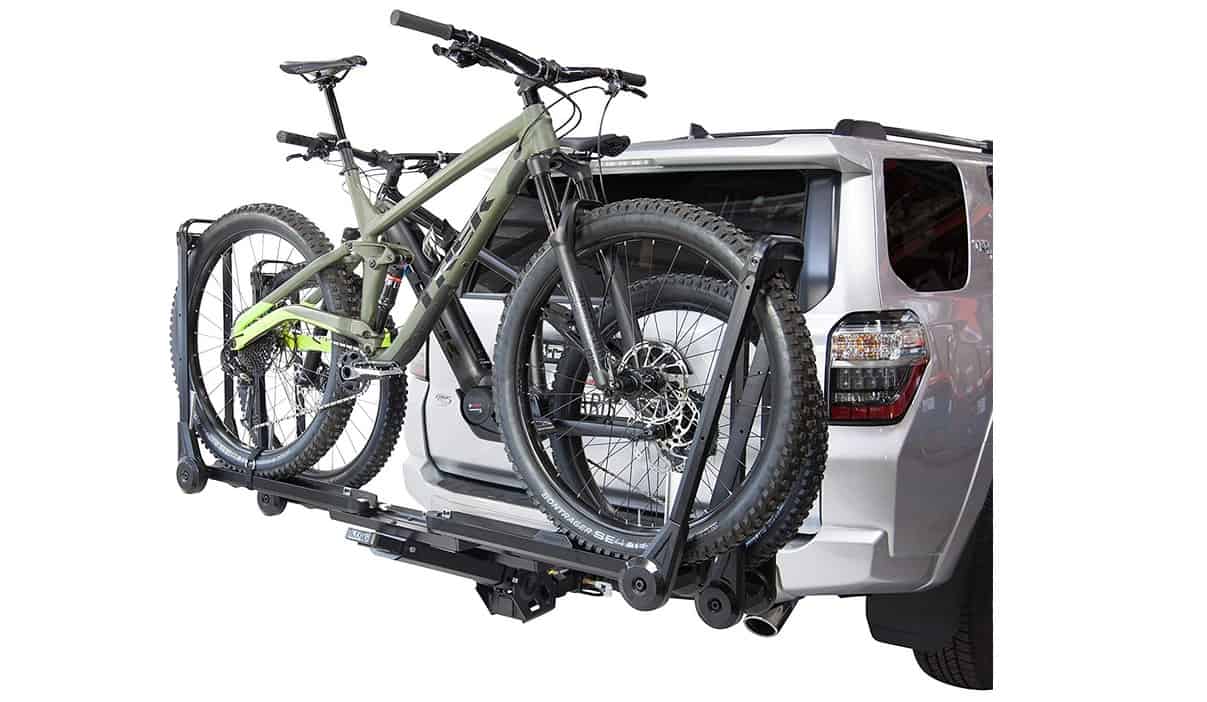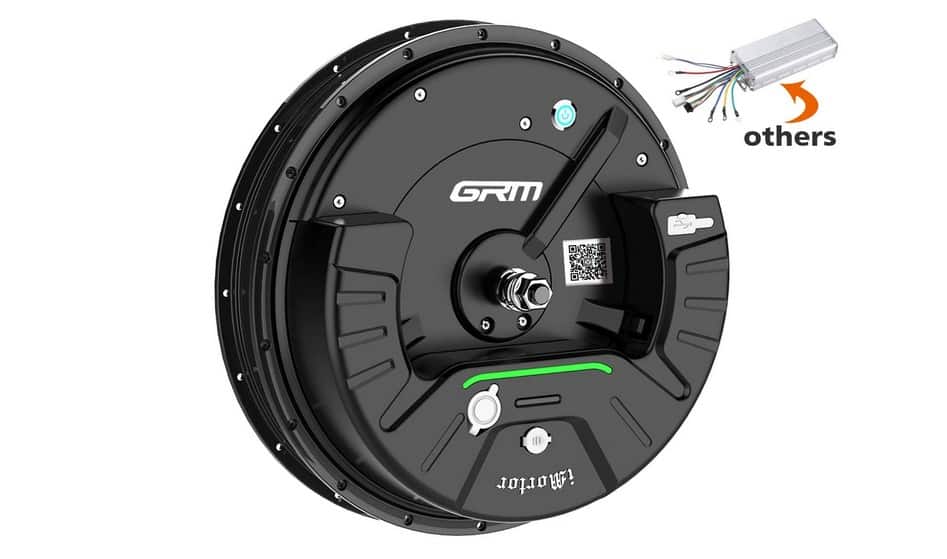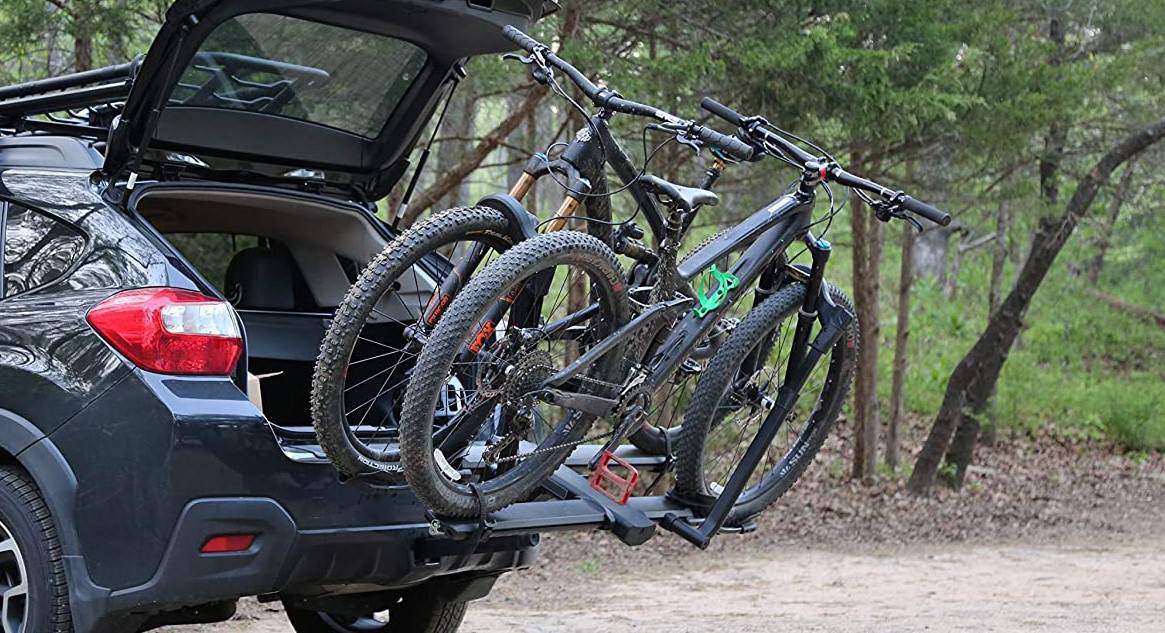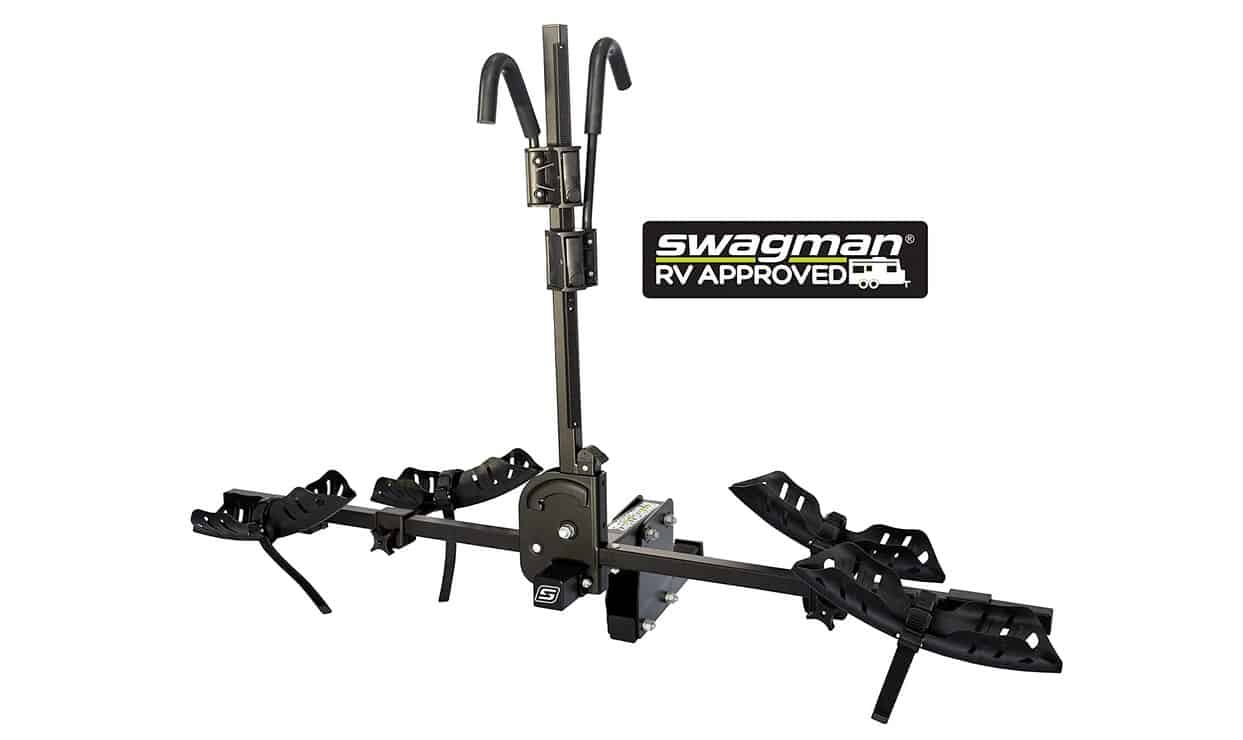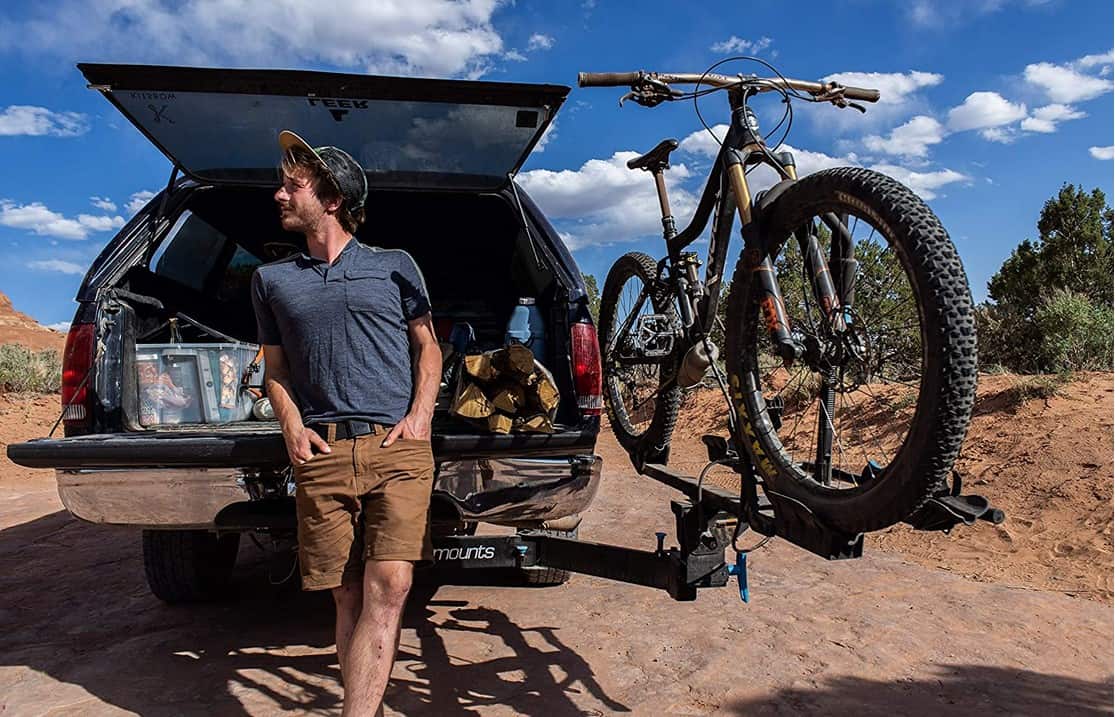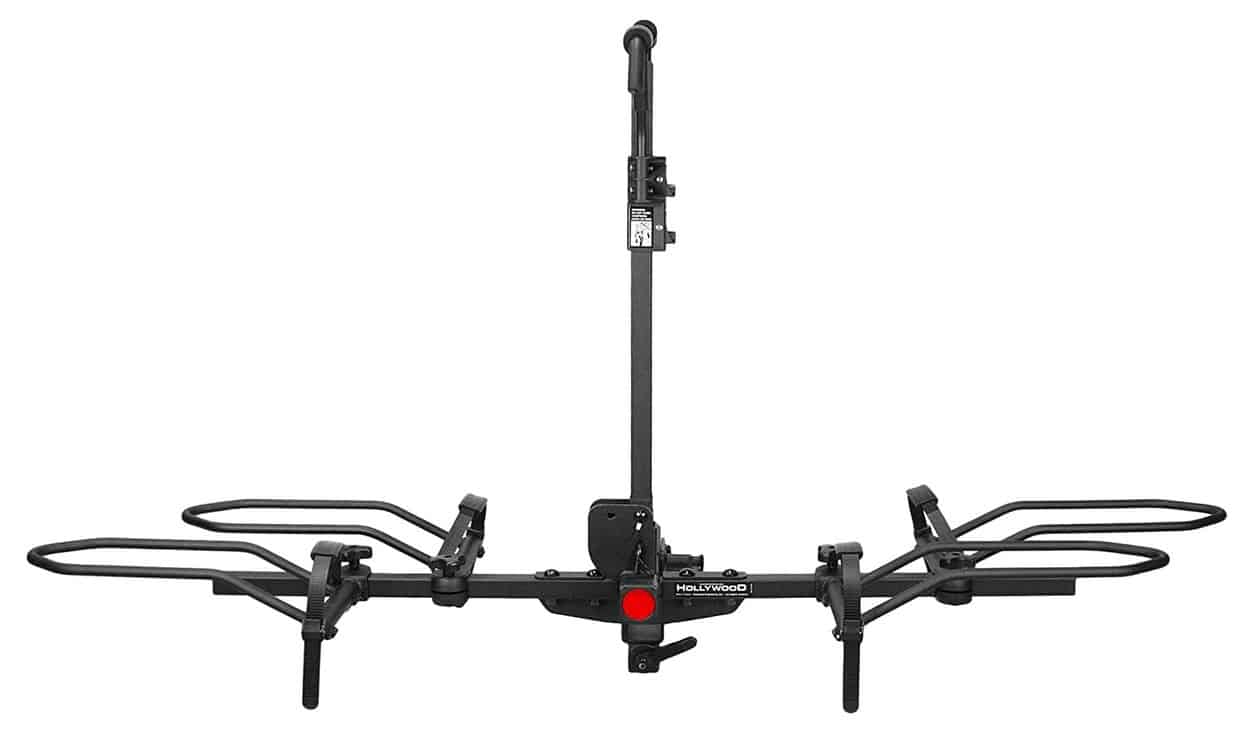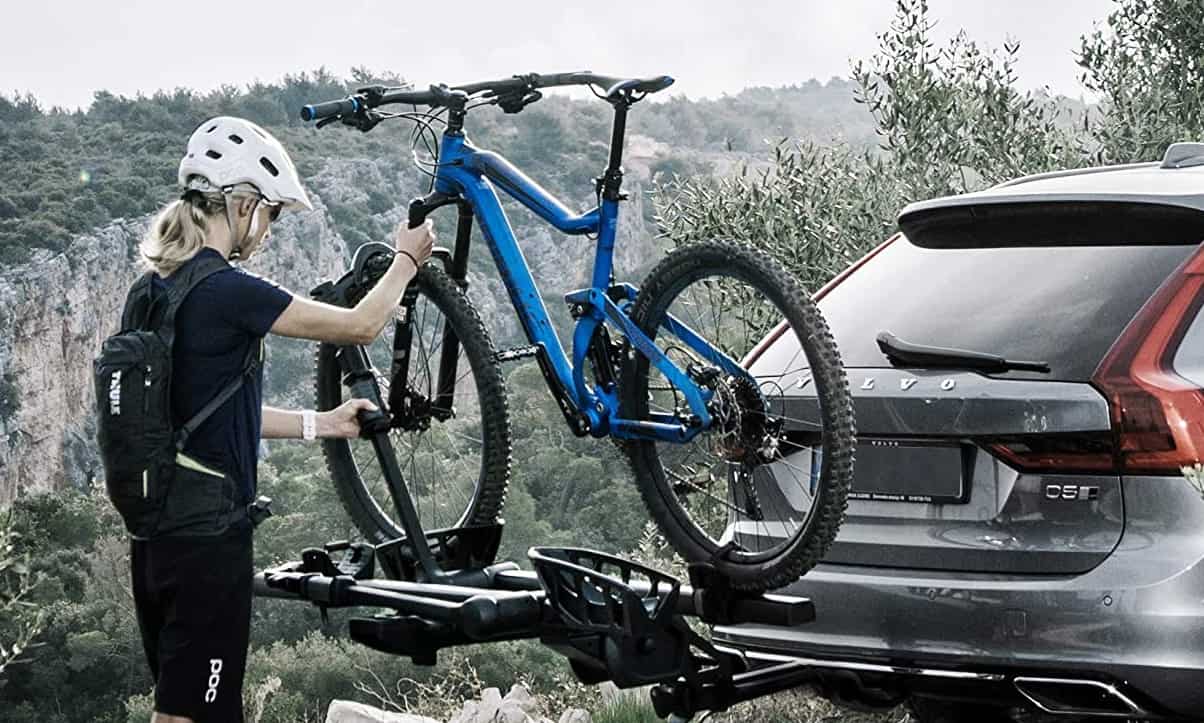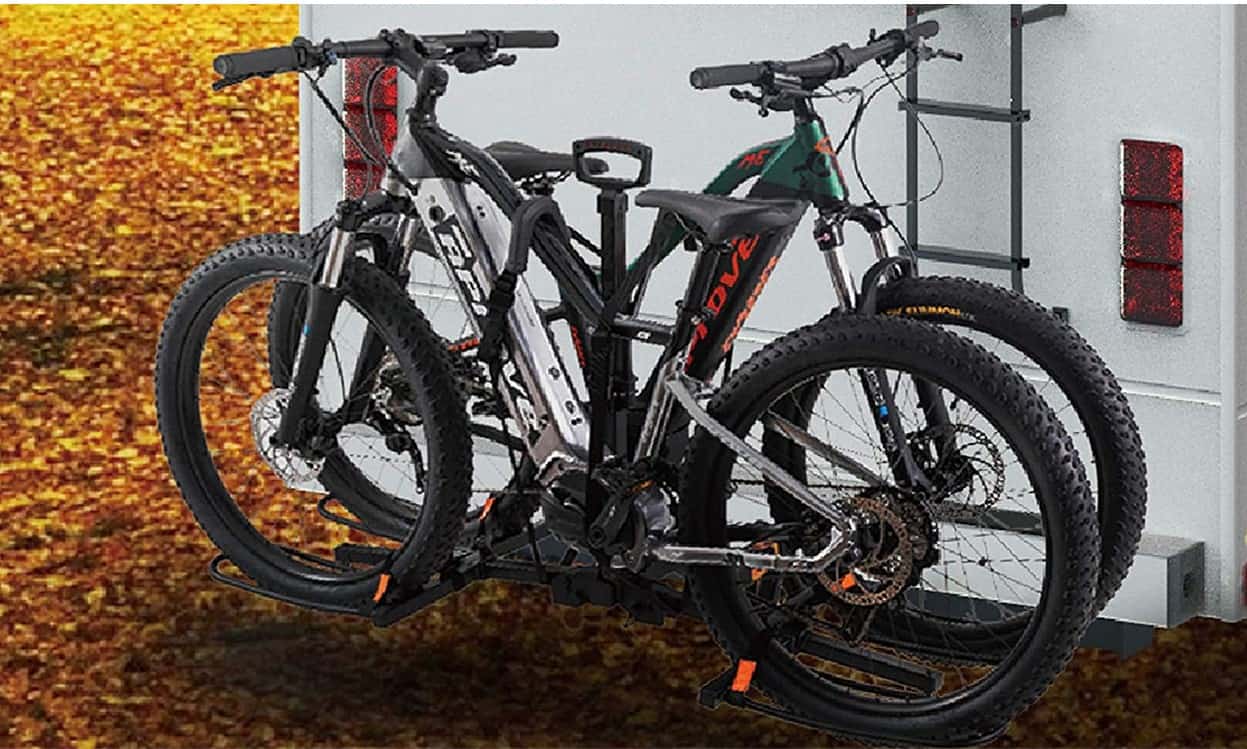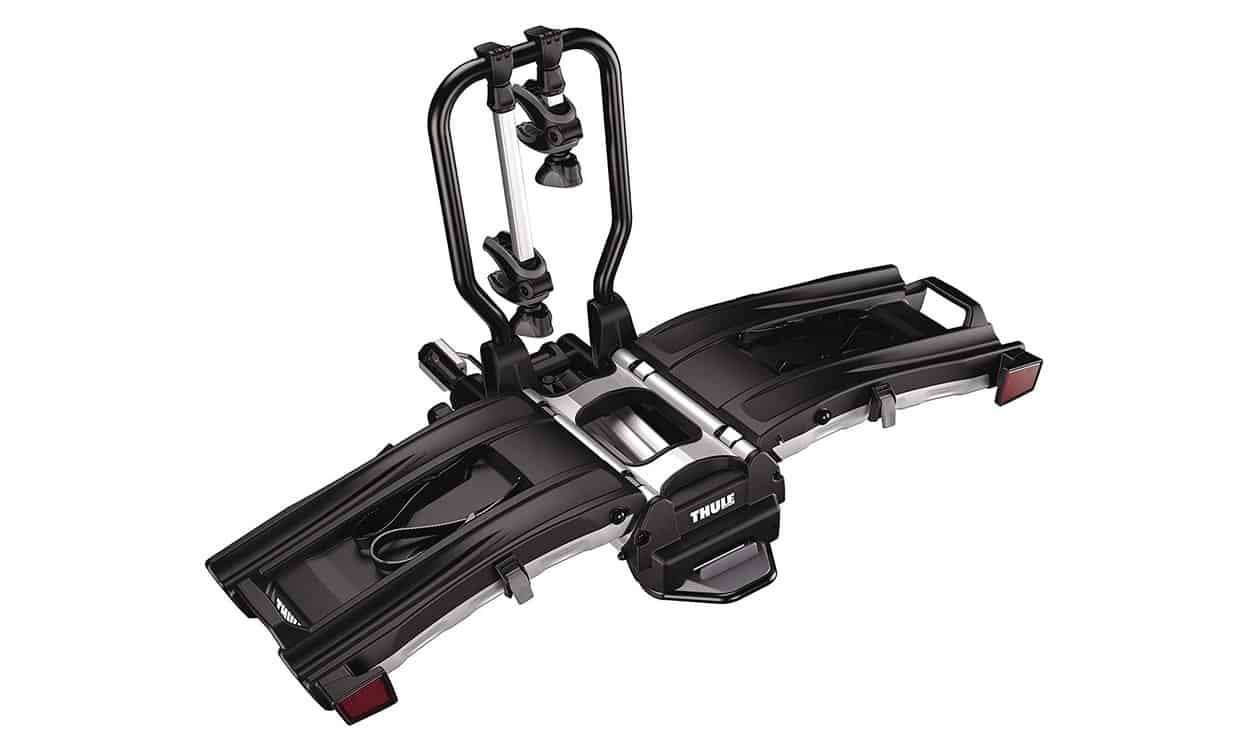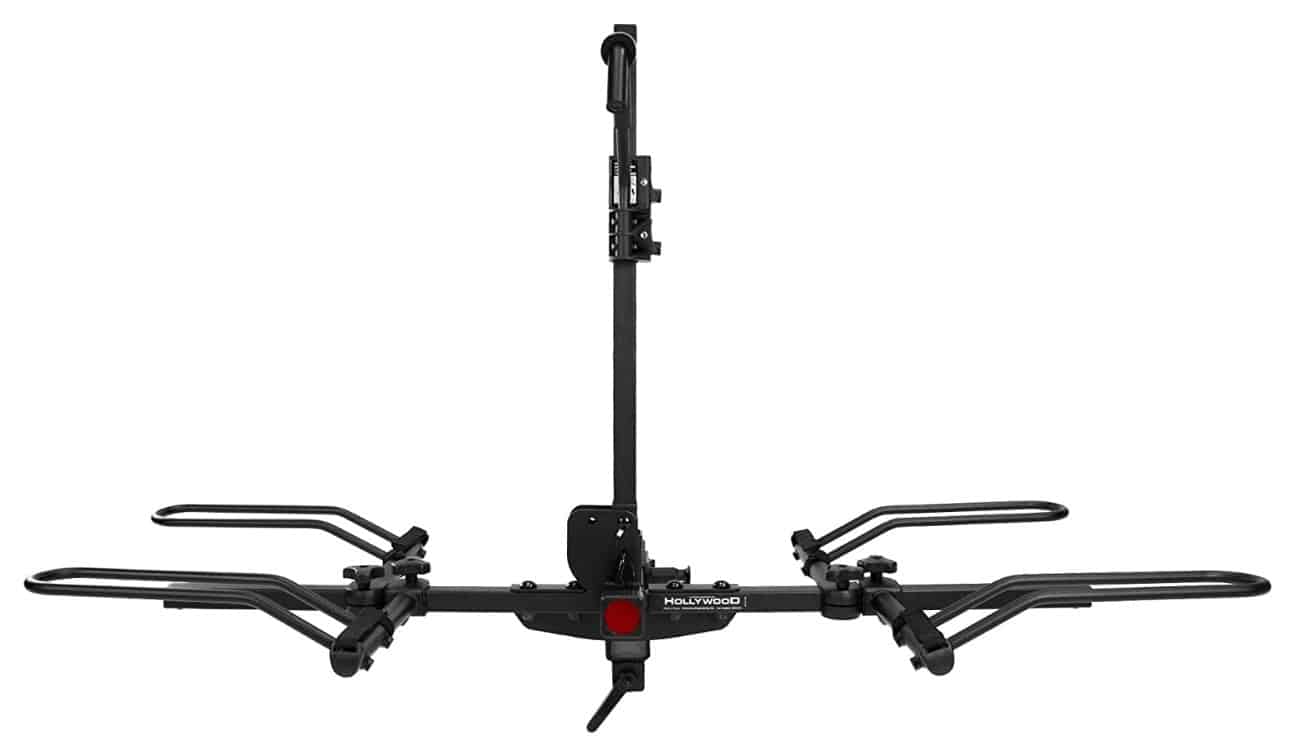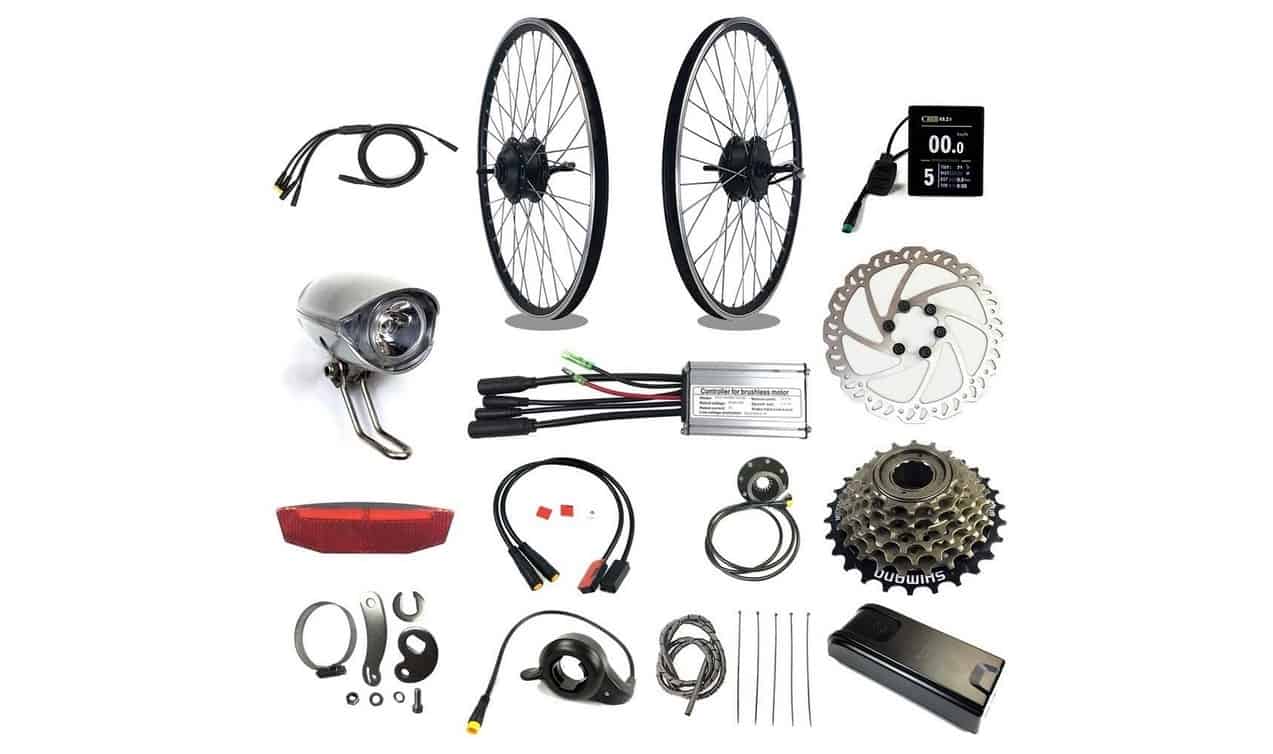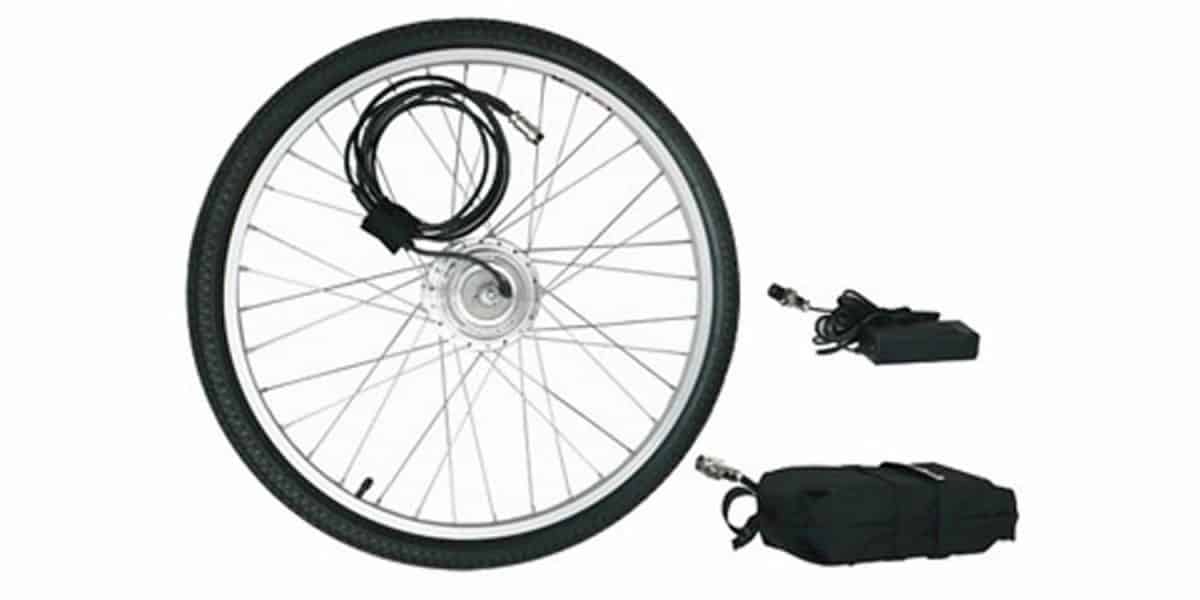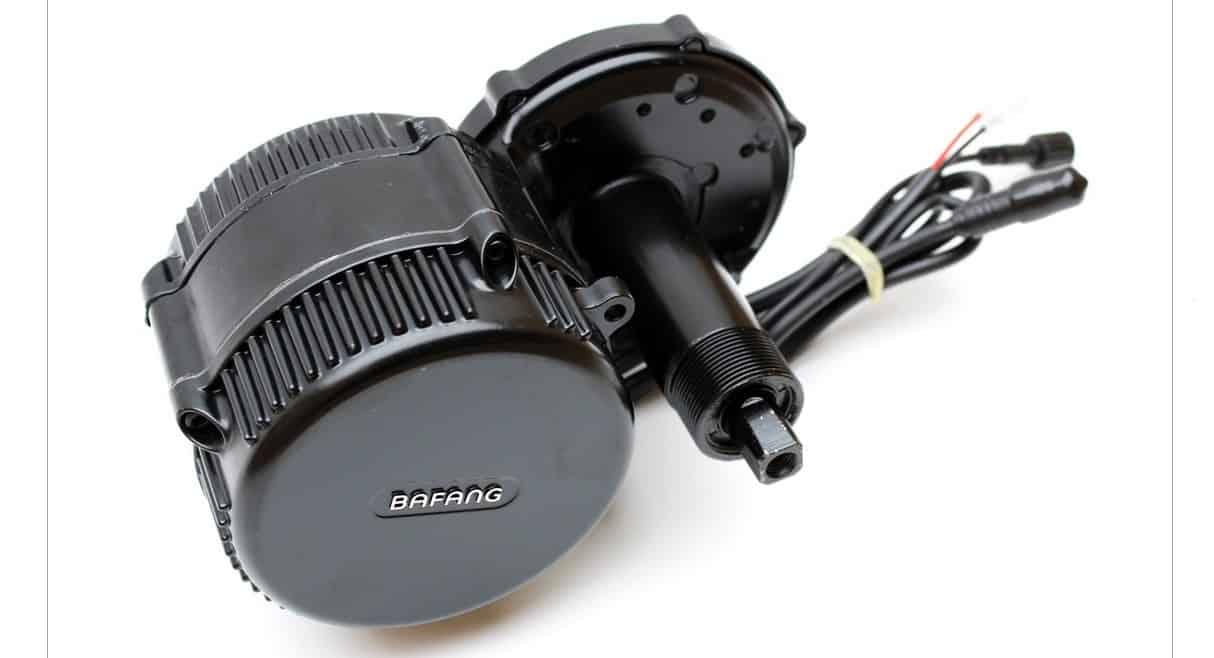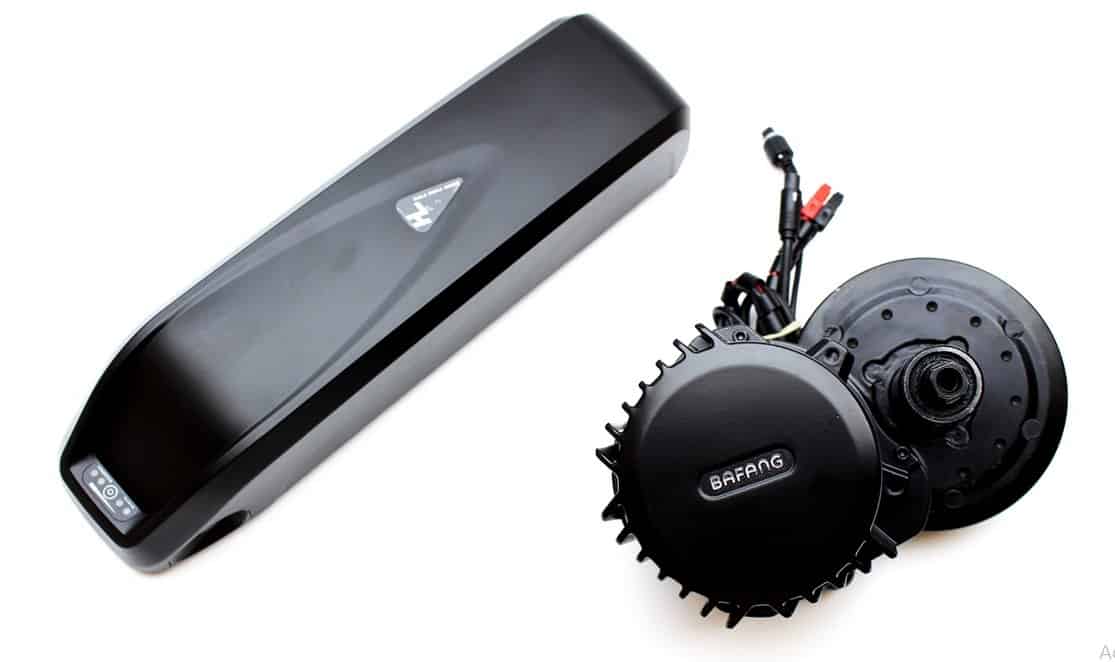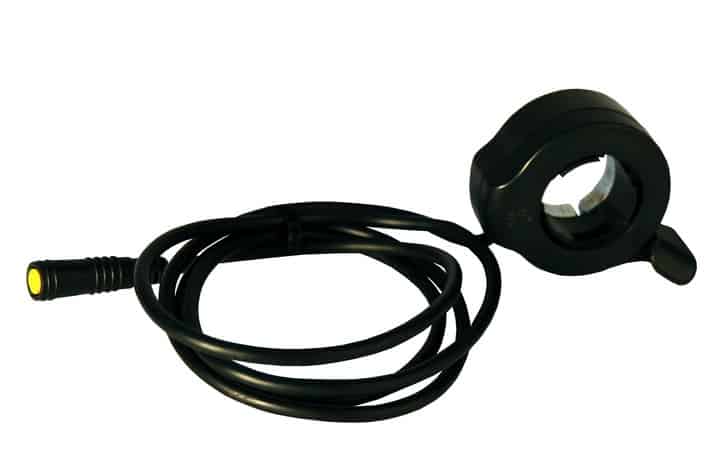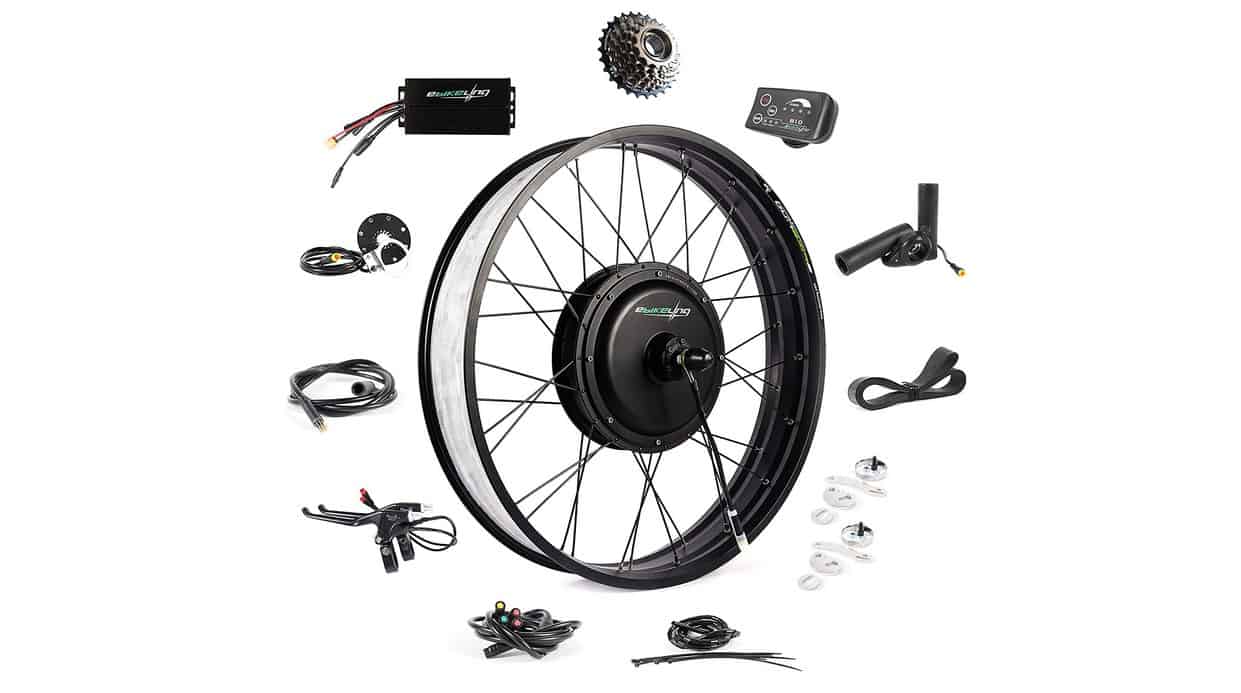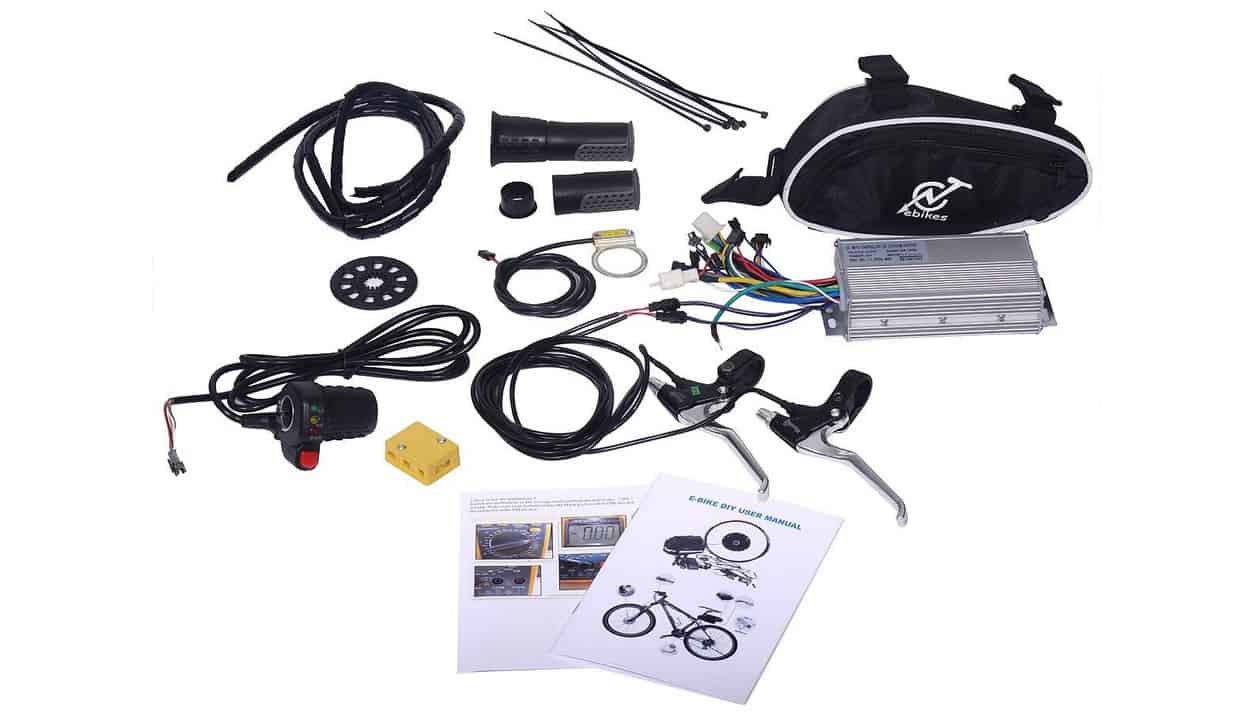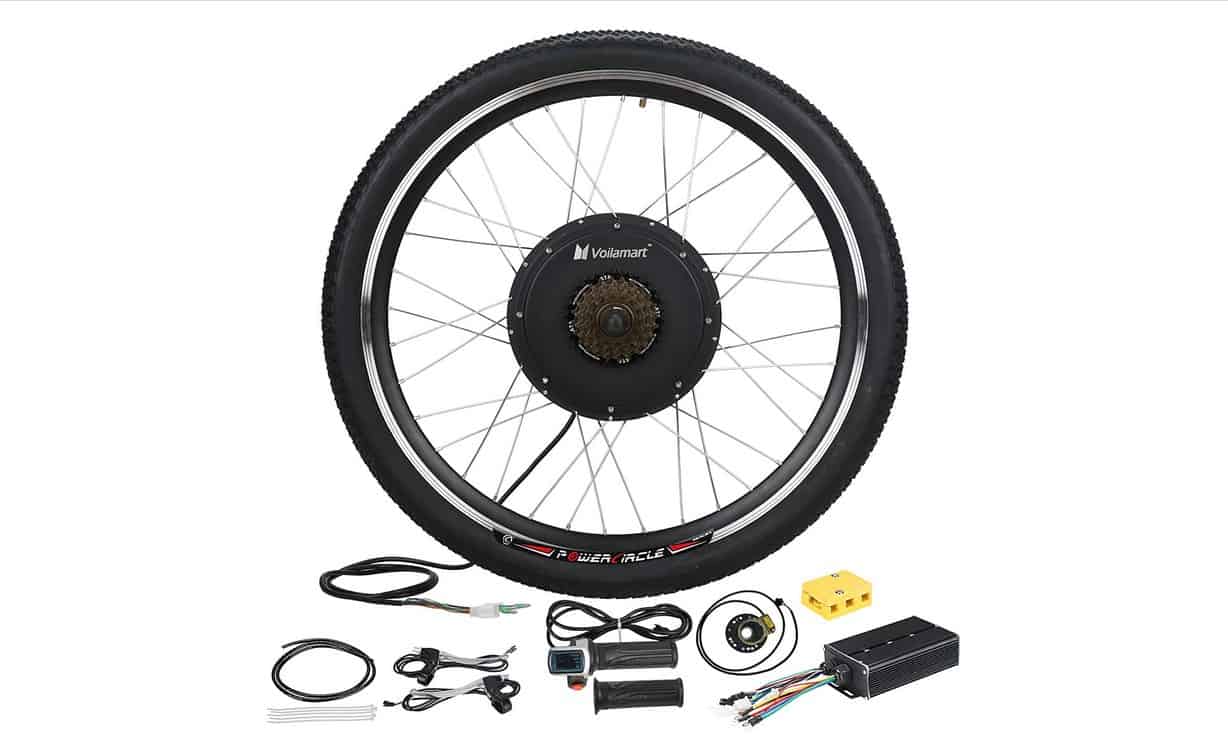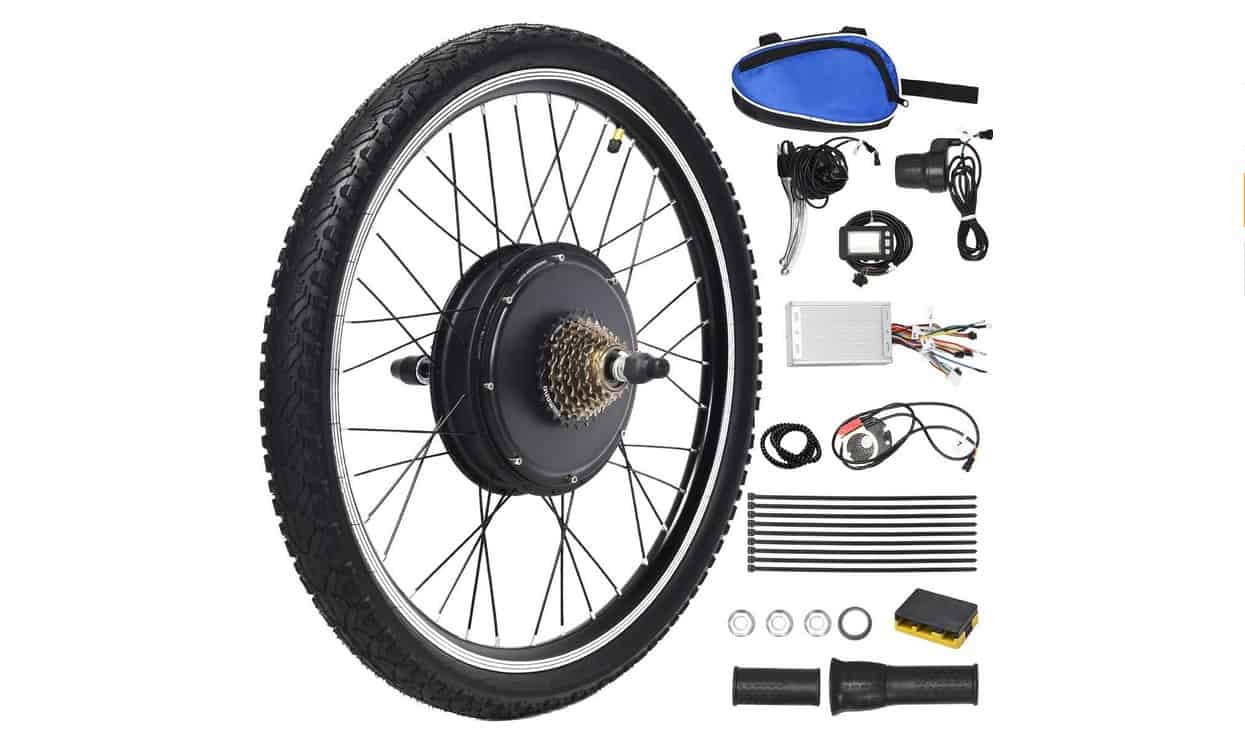If you have been shopping around for a new electric vehicle, you may be looking to compare electric bikes – hardtail vs full suspension. The best electric bikes, after all, typically include one of these two suspension types. What do these terms mean and what are the differences between the two? Keep reading to find out.
KEY TAKEAWAYS:
- Hardtail e-bikes include a suspension fork in the front, whereas full-suspension bikes include that front-facing suspension fork and a rear suspension wheel.
- This means that full-suspension bikes are better equipped to absorb the shock from a variety of difficult technical terrain types.
- Hardtail bikes, however, tend to feature better battery life and a more advanced energy efficiency rating.
Differences Between Hardtail and Full Suspension on eBikes
The primary difference here involves the type of suspension available. Hardtail electric bikes include a suspension fork up front and an extremely rigid back end, thus the term hardtail. Full suspension electric bikes, on the other hand, boast both a suspension fork up front and a suspended rear wheel. This does not necessarily mean that full suspension bikes feature better suspension and shocks, as it more comes down to a question of versatility.
Insider Tip
If shock absorption is an important factor for you, you may want to try a bike out first on an actual trail before making an expensive purchase.
Versatility
In some scenarios, a hardtail bike will easily keep up with a full-suspension bike when it comes to creating a smooth ride over a wide variety of terrain types. However, a full-suspension electric bicycle essentially has a suspension system that is twice as robust, so you will find that this type of bike can easily handle more versatile riding settings than a hardtail. This is especially important if you are considering the purchase of an electric hardtail mountain bike, as the terrain can shift wildly even during one ride. Of course, the differences could be subtle, though the same cannot be said when comparing electric bike motors.
Efficiency and Energy Consumption
Hardtails have rightfully earned a reputation for being highly efficient when it comes to energy consumption. In other words, if you want to maximize your battery life and extend your overall range, a hardtail will be a better choice than a full-suspension bike. This is due to the fact that hardtails have a simpler design, with a weight saving that requires slightly less energy to operate than a bonafide full-suspension model, the latter having extra weight. Of course, this will also boil down to the battery itself, so be sure to check the stats before making a purchase. It could also depend on where you plan on riding, such as if you are comparing a standard ebike vs a mountain bike.
Speed
There will be variations in speed depending on the make and model, though hardtails may feature a subtle speed boost over full-suspension bikes.
F.A.Q.S
Are full suspension bikes slower?
Full suspension bikes include both front and rear suspension, so in some metrics, they will be slightly slower than a hardtail. However, while traversing difficult terrain types, they could be faster. In other words, it depends.
Hardtail vs full suspension mountain bike: which is the best on a budget?
If you want to save money while shopping for electric mountain bikes, go with a hardtail, as they are generally cheaper while still being a quality bike.
Which specialized mountain bike is right for you?
This depends on your personal preference. You may want to err on the side of durability, choosing a carbon frame, or go with a light bike to match your riding style. There are a lot of versatile bikes out there.
STAT: In 1897, Hosea W. Libbey of Boston invented an electric bicycle (U.S. Patent 596,272) that was propelled by a double electric motor. (source)

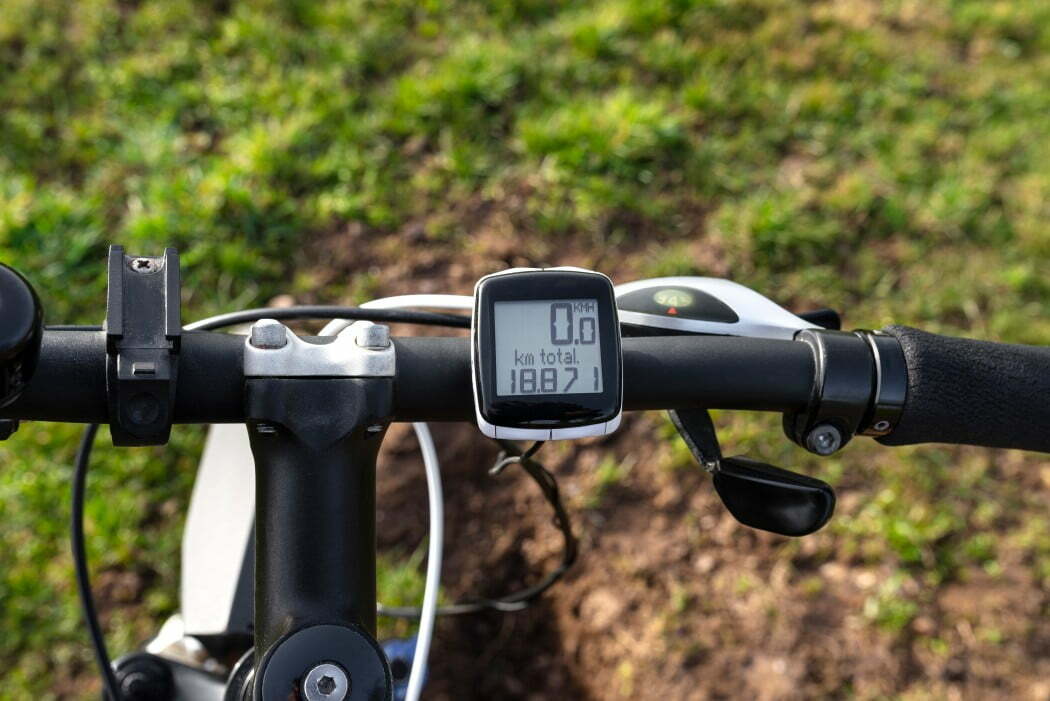













![Best Batteries for Electric Bikes in [year] 7 Best Batteries for Electric Bikes in 2026](https://www.gadgetreview.dev/wp-content/uploads/best-battery-for-electric-bike.jpeg)
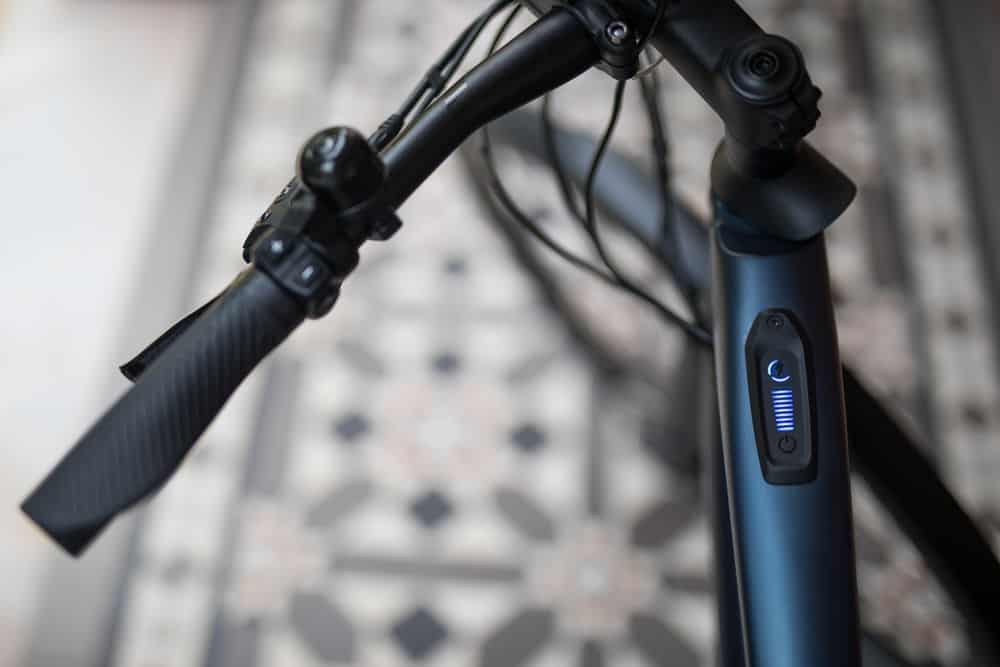
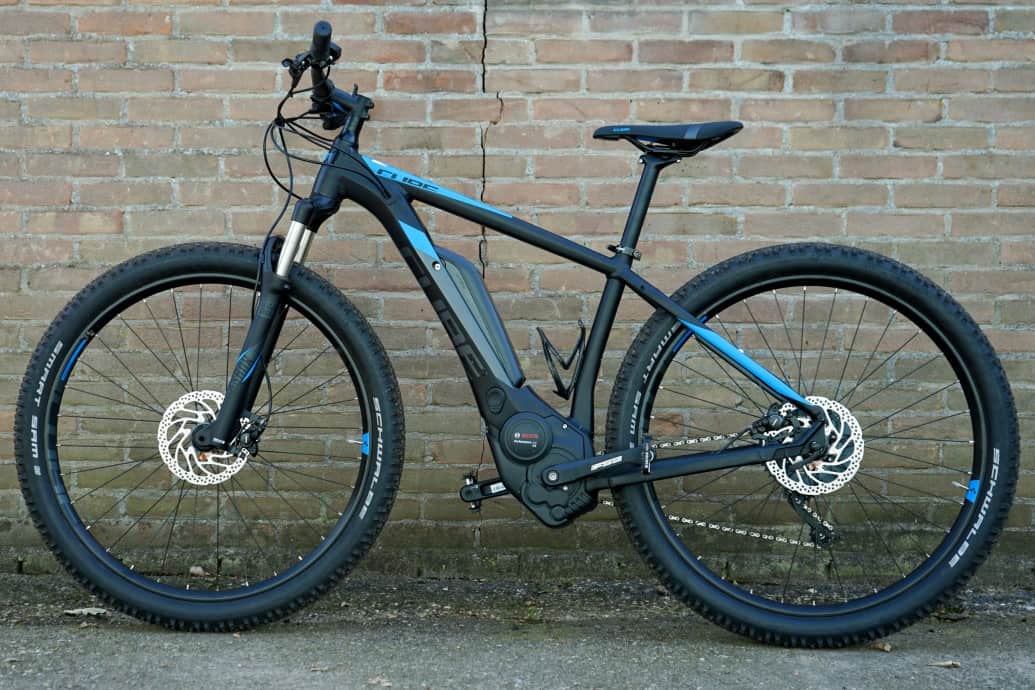
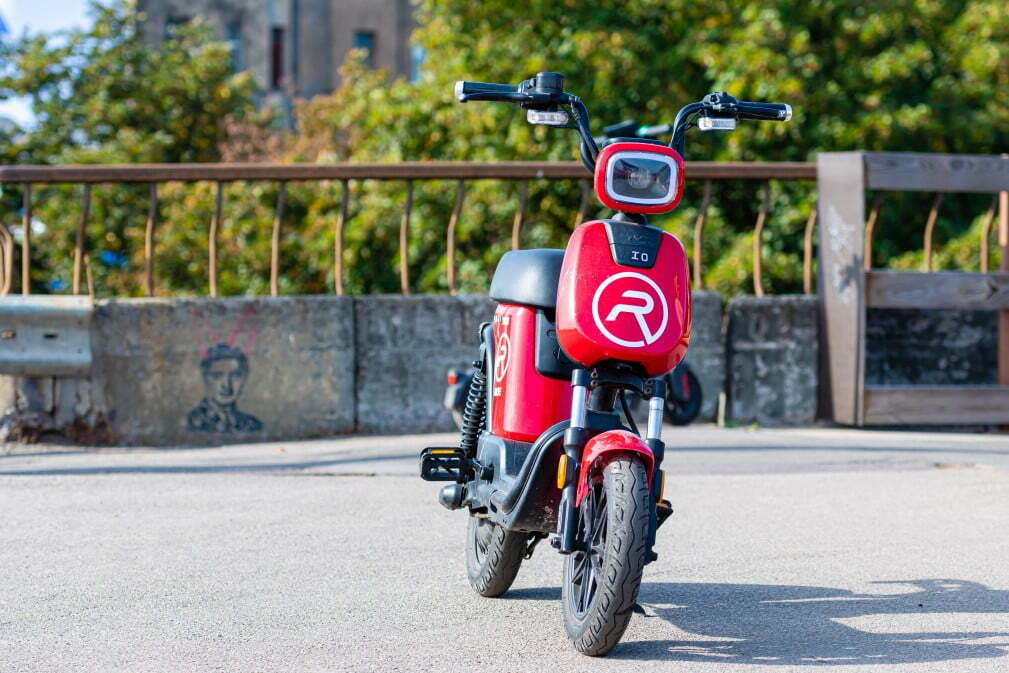
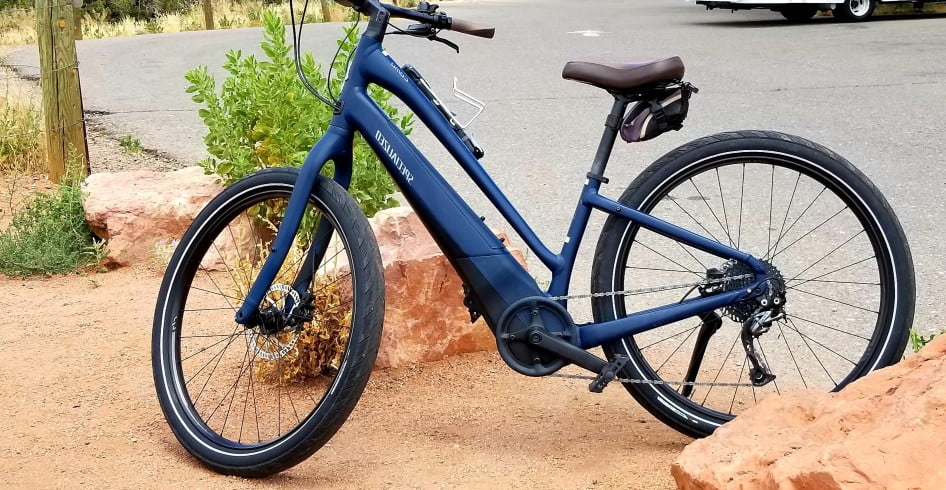
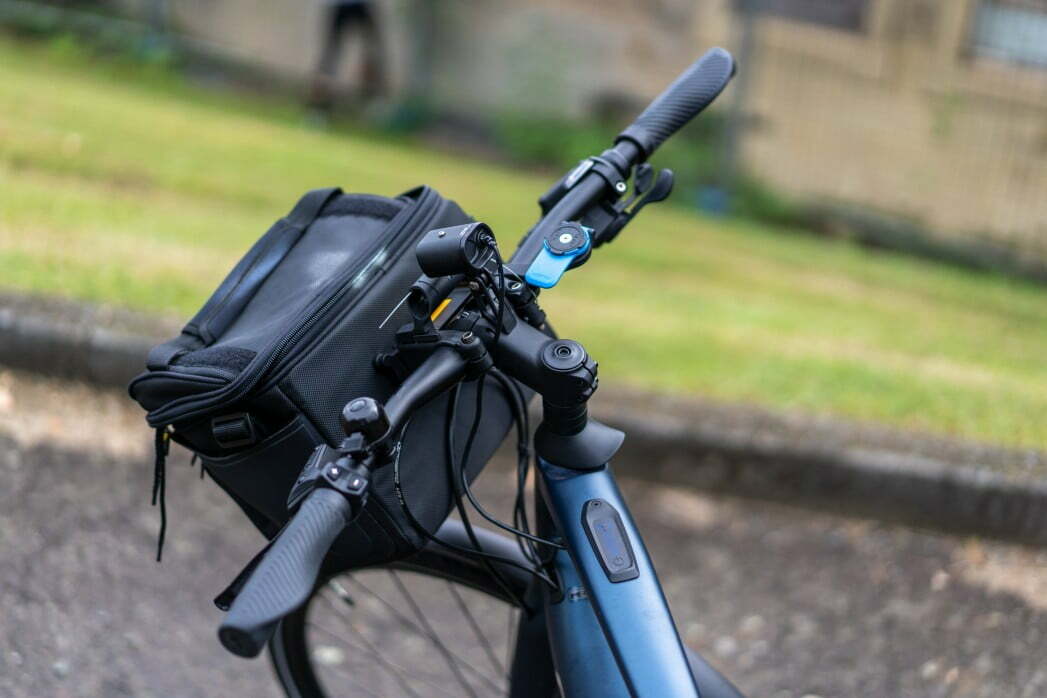
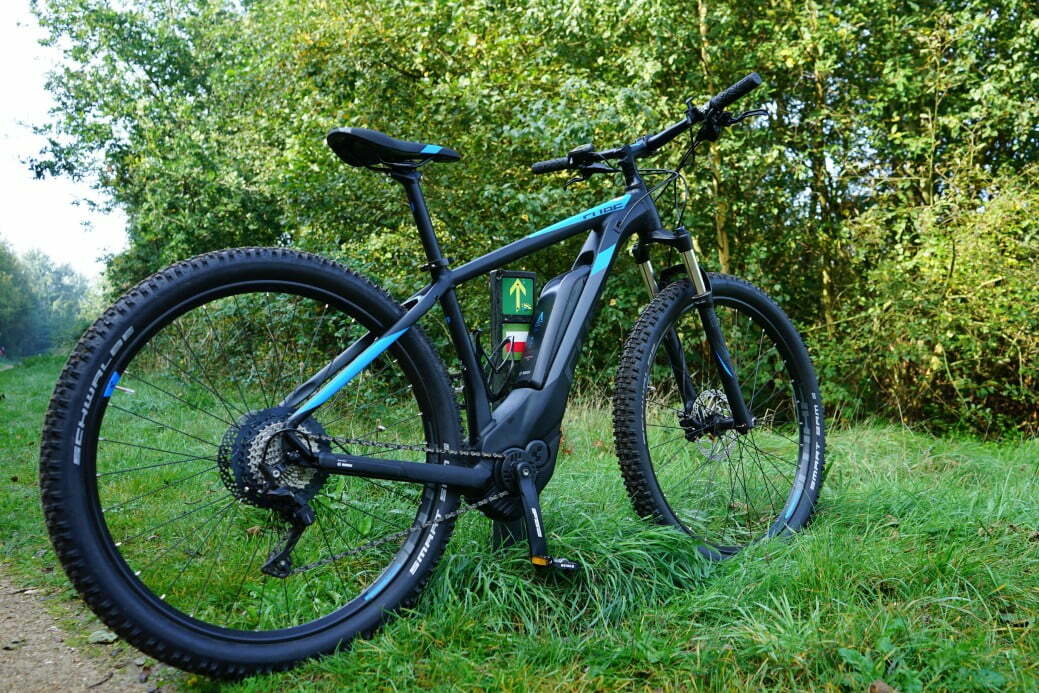
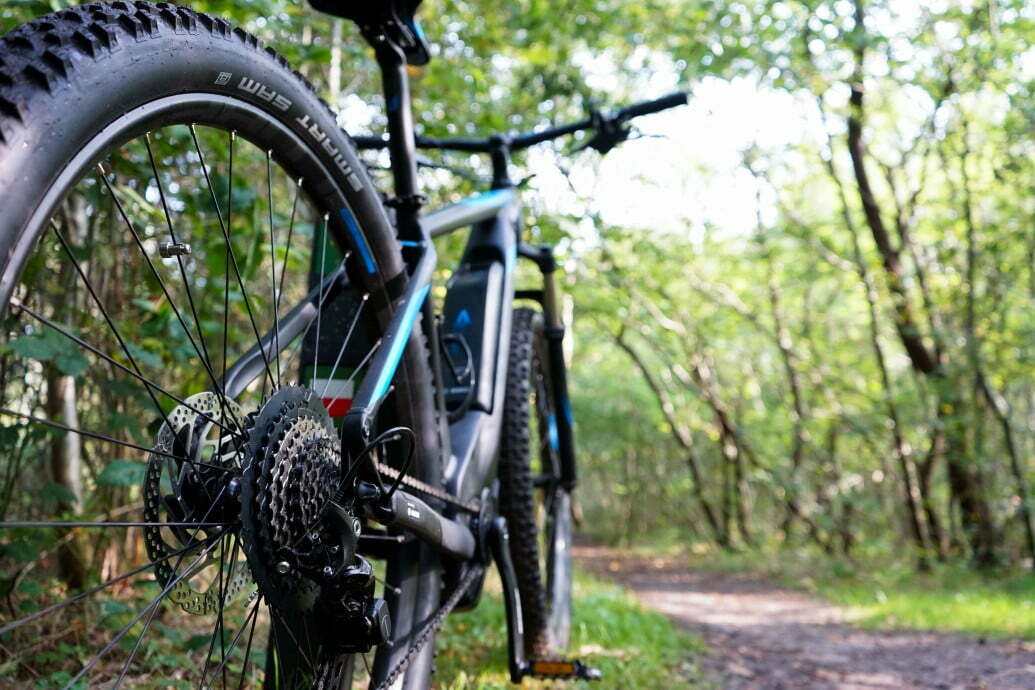
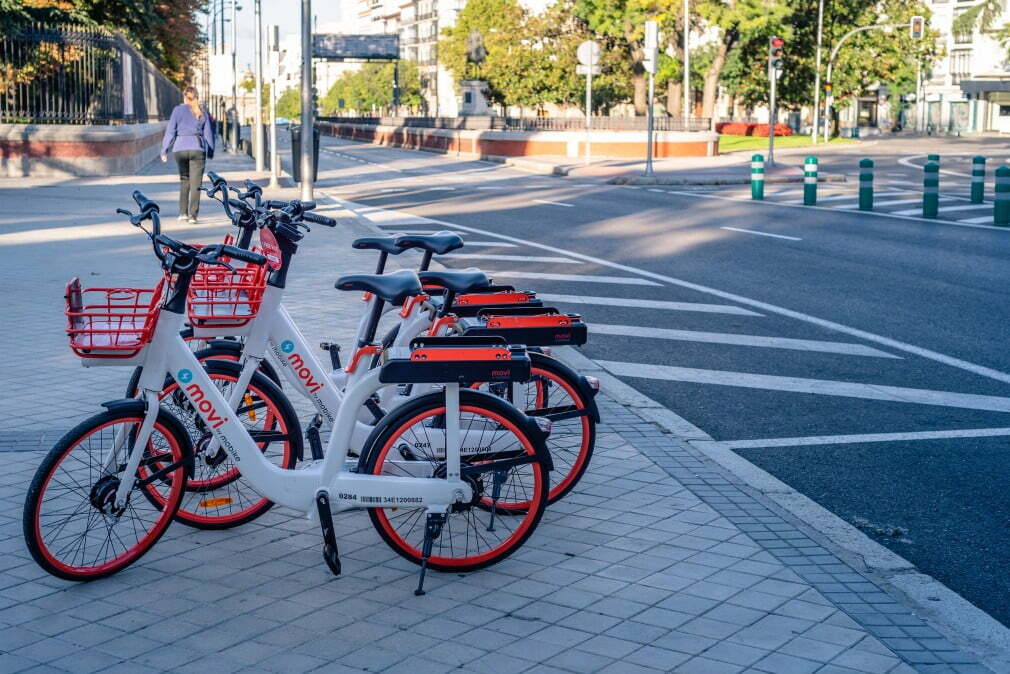
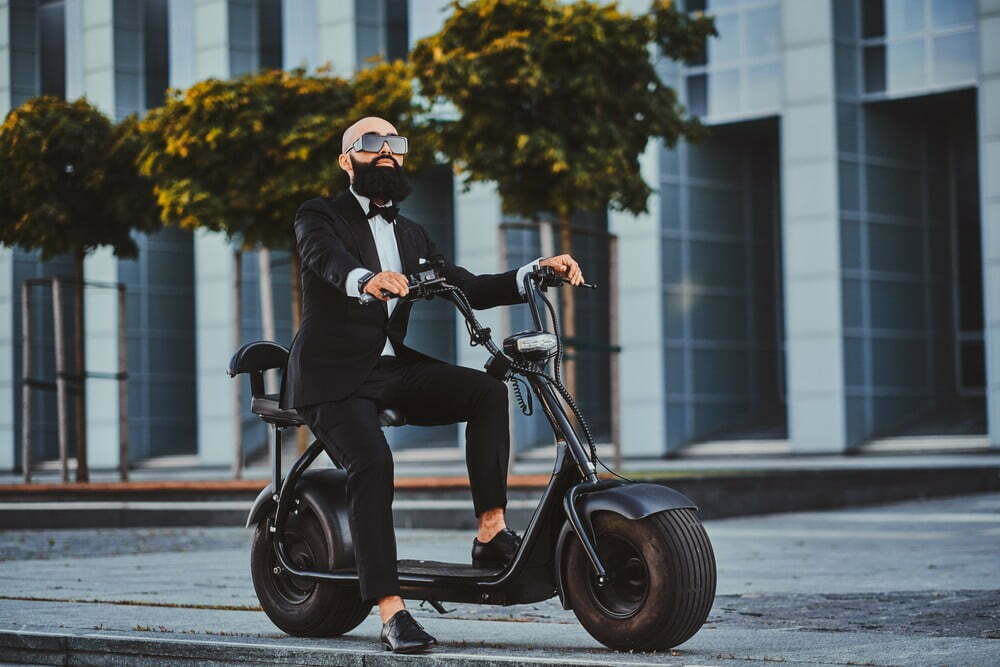
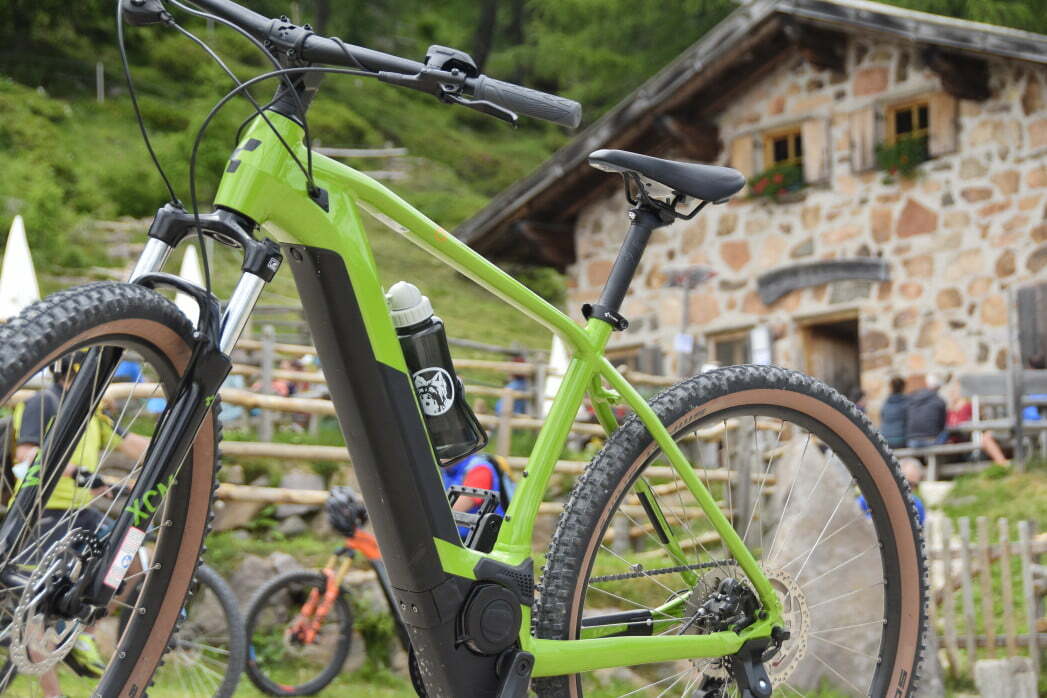
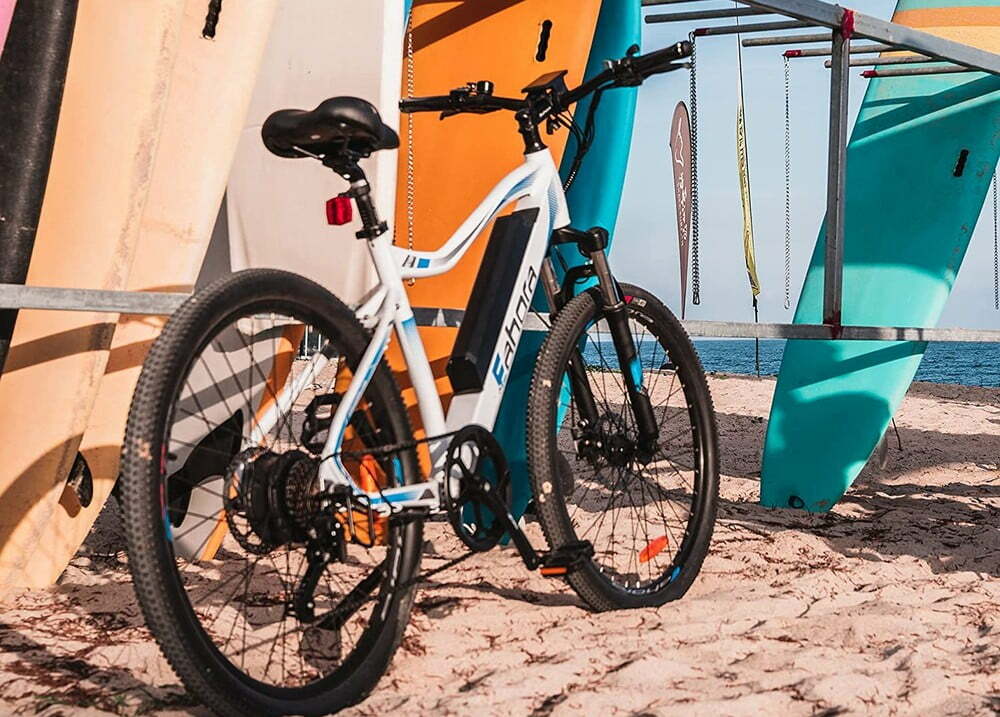
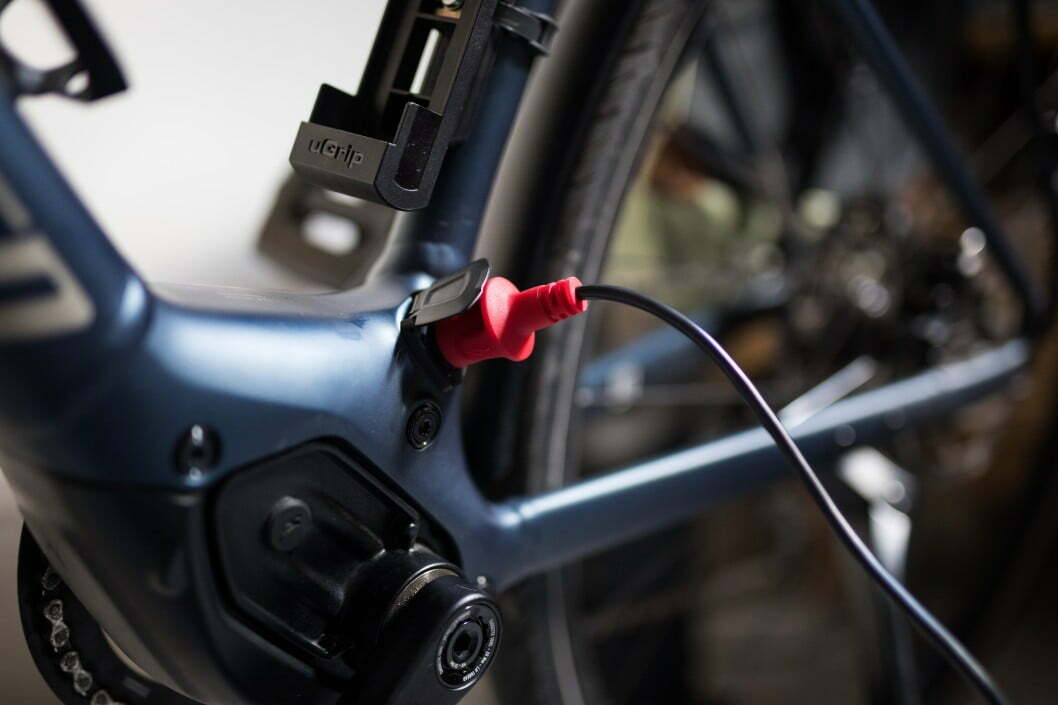
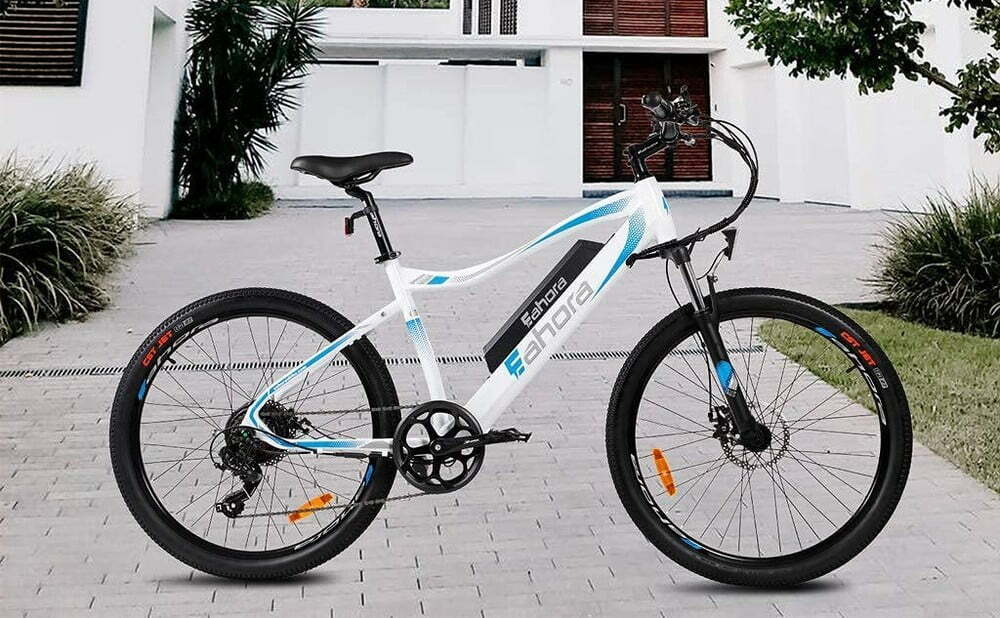
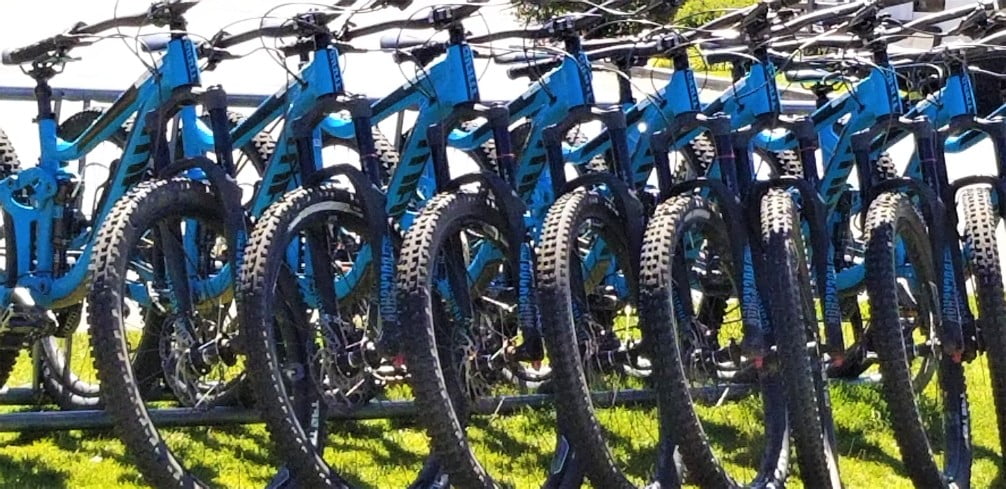

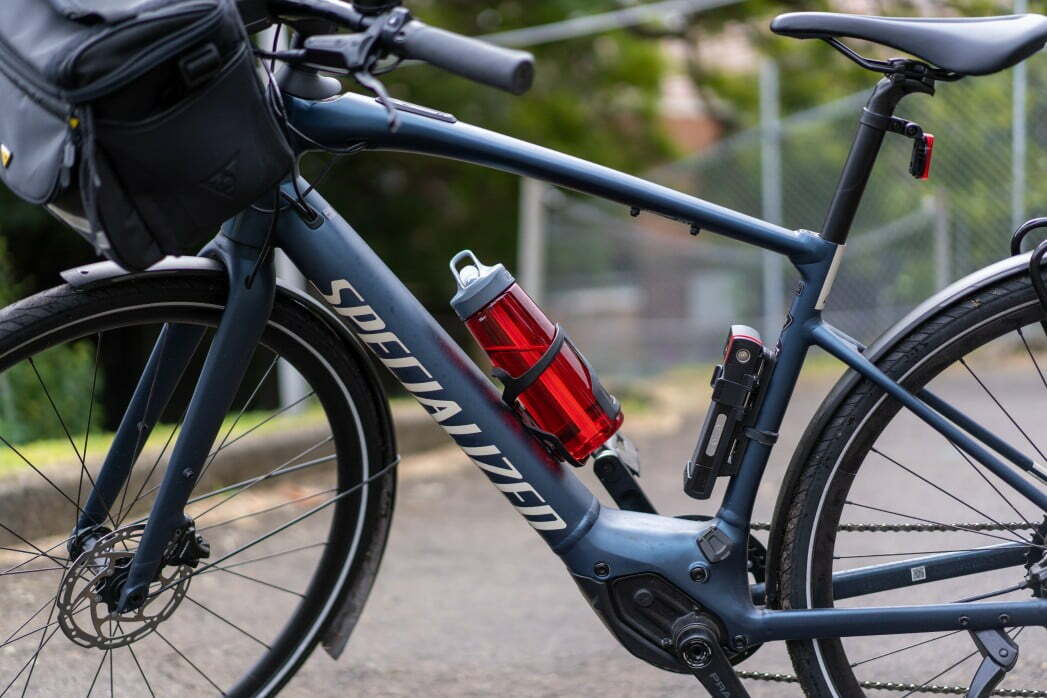
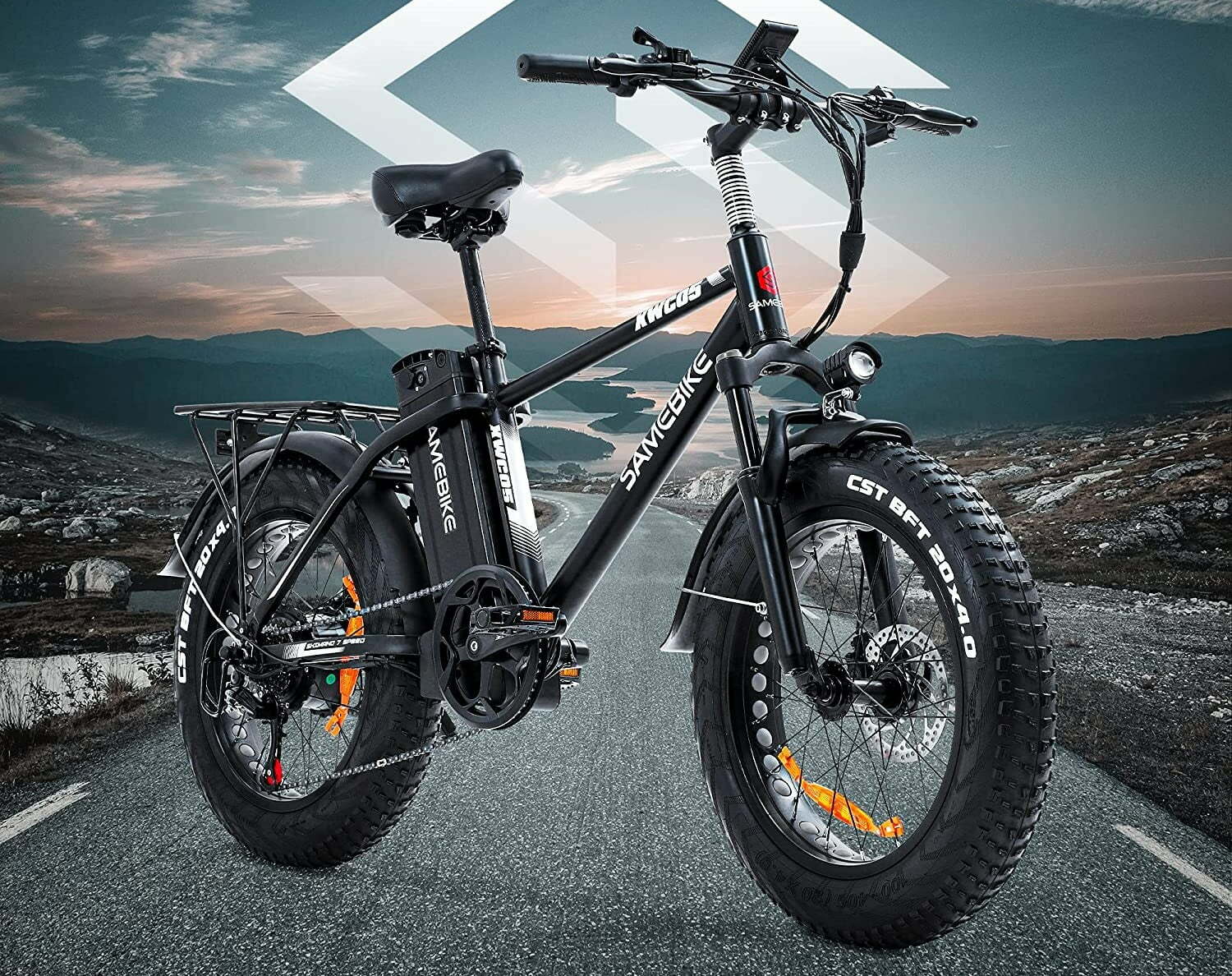
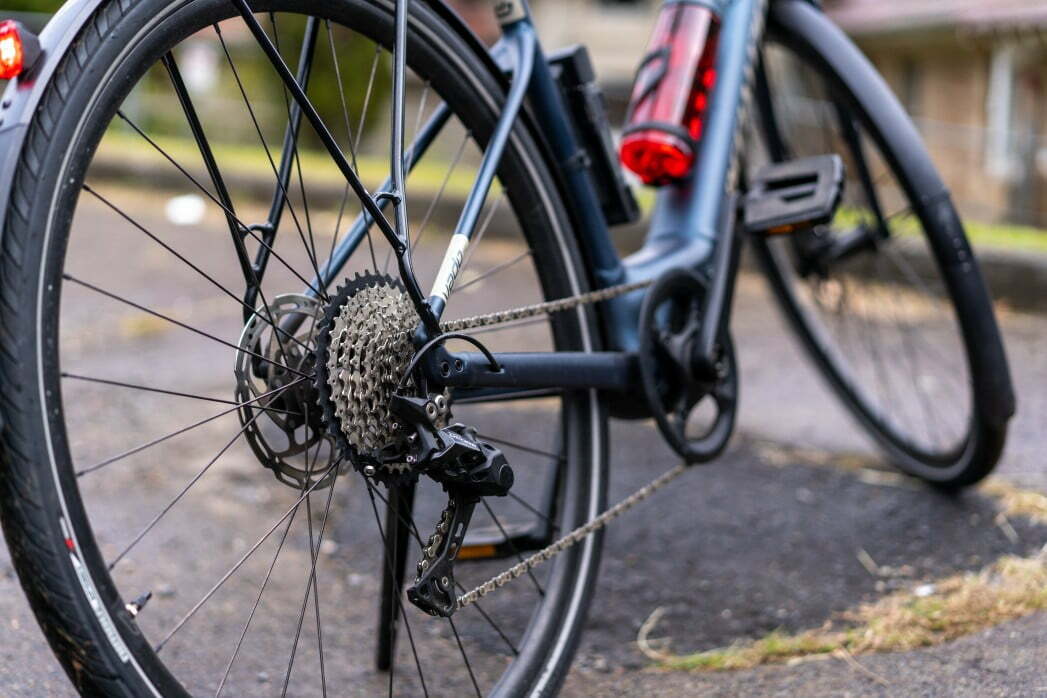
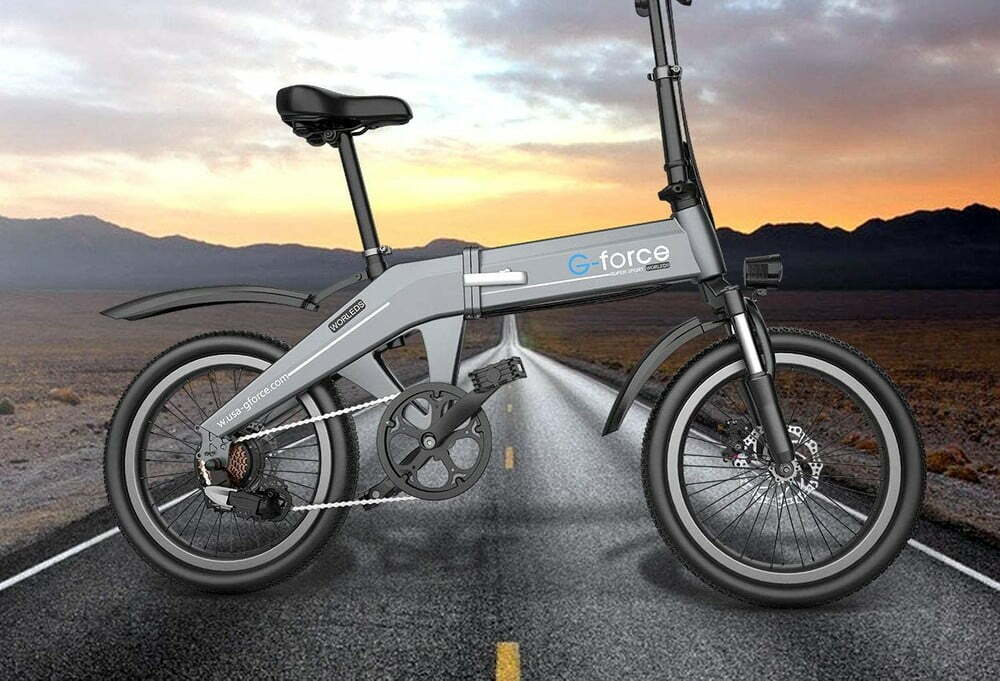
![Best Electric Bike in [year] ([month] Reviews) 27 Best Electric Bike in 2026 (February Reviews)](https://www.gadgetreview.dev/wp-content/uploads/elby-s9-750x422-1.png)
![Best Bikes in [year] ([month] Reviews) 28 Best Bikes in 2026 (February Reviews)](https://www.gadgetreview.dev/wp-content/uploads/cheapest-electric-bikes-1.jpg)
![Best Front Drive Electric Motor Bikes in [year] 29 Best Front Drive Electric Motor Bikes in 2026](https://www.gadgetreview.dev/wp-content/uploads/best-front-drive-electric-motor-bikes-image.jpg)
![Best Cannondale Electric Bikes in [year] 30 Best Cannondale Electric Bikes in 2026](https://www.gadgetreview.dev/wp-content/uploads/best-cannondale-electric-bikes-image.jpg)
![Best Luna Cycle Electric Bikes in [year] 31 Best Luna Cycle Electric Bikes in 2026](https://www.gadgetreview.dev/wp-content/uploads/Luna-Cycle-Apex-Electric-Bike.webp)
![Best Rad Power Electric Bikes in [year] 32 Best Rad Power Electric Bikes in 2026](https://www.gadgetreview.dev/wp-content/uploads/best-rad-power-electric-bikes-image.jpg)
![Best Rear Drive Motor Electric Bikes in [year] 33 Best Rear Drive Motor Electric Bikes in 2026](https://www.gadgetreview.dev/wp-content/uploads/best-rear-drive-motor-electric-bikes-image.jpg)
![Best Ebike Conversion Kits in [year] 34 Best Ebike Conversion Kits in 2026](https://www.gadgetreview.dev/wp-content/uploads/best-ebike-conversion-kit.jpg)
![Best Electric Bike Locks in [year] 35 Best Electric Bike Locks in 2026](https://www.gadgetreview.dev/wp-content/uploads/best-electric-bike-locks-image.jpg)
![Ebikes with Longest Range in [year] 36 Ebikes with Longest Range in 2026](https://www.gadgetreview.dev/wp-content/uploads/best-ebike-with-longest-range-image.jpg)
![Best Electric Bike Trailers in [year] 37 Best Electric Bike Trailers in 2026](https://www.gadgetreview.dev/wp-content/uploads/best-electric-bike-trailers-image.jpg)
![Best Bike Rack for Electric Bikes in [year] 38 Best Bike Rack for Electric Bikes in 2026](https://www.gadgetreview.dev/wp-content/uploads/best-bike-rack-for-electric-bikes-image.jpg)
![Best Electric Bike Helmets in [year] 39 Best Electric Bike Helmets in 2026](https://www.gadgetreview.dev/wp-content/uploads/best-electric-bike-helmets-image.jpg)
![Best Throttle Electric Bikes in [year] 40 Best Throttle Electric Bikes in 2026](https://www.gadgetreview.dev/wp-content/uploads/best-throttle-electric-bike-image.jpg)
![Lightest Electric Bikes in [year] 41 Lightest Electric Bikes in 2026](https://www.gadgetreview.dev/wp-content/uploads/lightest-electric-bike-image.jpg)
![Best Schwinn Electric Bikes in [year] 42 Best Schwinn Electric Bikes in 2026](https://www.gadgetreview.dev/wp-content/uploads/Electric-Bikes-image.jpg)
![Best All Terrain Electric Bikes in [year] 43 Best All Terrain Electric Bikes in 2026](https://www.gadgetreview.dev/wp-content/uploads/best-all-terrain-electric-bike-image.jpg)
![Best Cheapest Electric Bikes in [year] 44 Best Cheapest Electric Bikes in 2026](https://www.gadgetreview.dev/wp-content/uploads/cheapest-electric-bikes.jpg)
